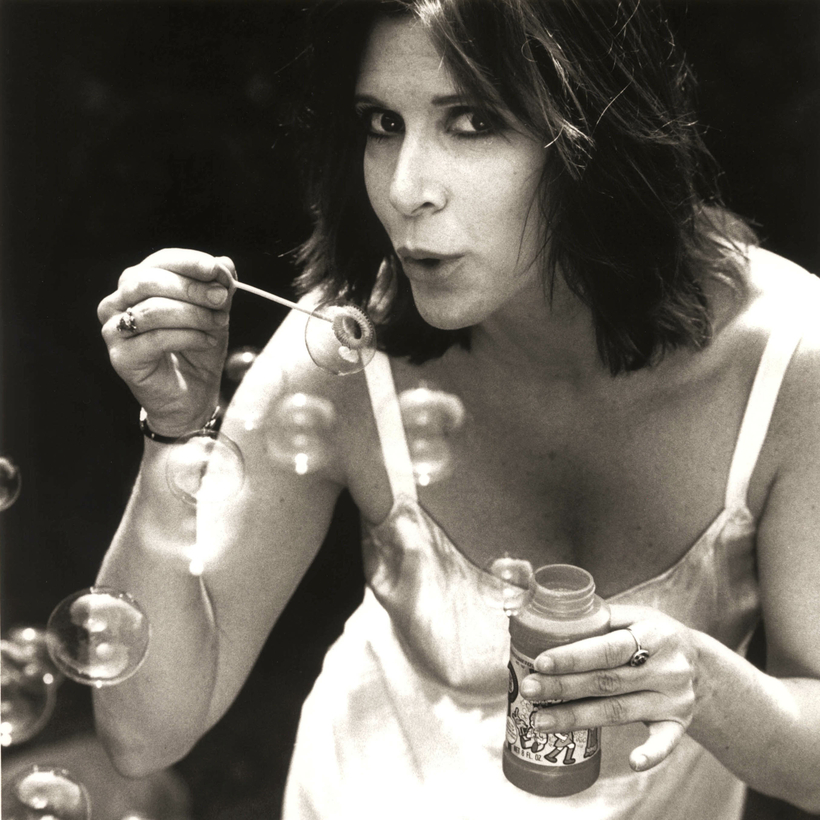I love writing about brilliant, risk-taking, complicated women, and Carrie Fisher had those qualities—plus bracing honesty—in profusion. Few celebrities have confessed with as much witty, ferocious candor their self-acknowledged imperfections and serious challenges—in her case: the effects of bipolar disorder and inherited drug addiction. (And in the process of writing about them with such honesty, Carrie was a significant force in de-stigmatizing them.) But it is one thing to be amused by a woman’s proudly overshared rule-breaking (Carrie went off her medications and defied drug sobriety many times, and admitted it in highly amusing writings and interviews); it’s quite another to learn, as I did, how deeply vulnerable she could be.
As one of her longtime friends put it, behind the charisma that lit up every room she entered “Carrie was as fragile as a butterfly.” In her 20s, before she was diagnosed with bipolar disorder, her mania-quelling use of Percoset (a balm typical of those with the disorder) once left her so weak that a male friend accompanying her to a movie had to carry her the whole way to the theater by piggyback. During the 1987 book tour of her highly praised Postcards from the Edge, the flinty wit, then freshly considered the Dorothy Parker of her time, spent many days in hotel rooms, nauseous with stage fright. That deep insecurity would never have been guessed by the fans who watched her speak with wry aplomb each evening.
Class Act
I knew that Carrie prided herself on being a good friend. Indeed, she probably held a record for having more eminences who considered her one of their best friends than just about anyone else in the entertainment and arts communities did. But I learned that her caring for people extended well beyond elites. She’d deeply nurtured, in her home, some friends’ and exes’ sons and daughters. With the words “I am mentally ill; I can say that” uttered to Diane Sawyer in a widely watched 2000 television interview, Carrie removed the shame from that self-description; after that, many a similarly diagnosed fan at a Star Wars convention merely had to introduce her or himself that way for Carrie to spend much time absorbing and opining on that fan’s personal issues.

When younger industry people below Carrie’s fame and status level were with her, several told me, they were happily surprised that she dove into their lives. At the height of her fame, she took a meeting with young, on-the-rise show-runner Wendy Kuot, who had hoped to get Carrie to star in her TV pilot. But after Carrie said no (those were the years when—hilariously, in the Netflix present—television was the lesser screen), she initiated an hour-and-a-half conversation about Wendy’s life. “I had expected her wit and lack of sentimentality, but not her attention and wisdom,” Wendy told me. “It’s one thing to have an acerbic tongue, but you don’t encounter too many people who give you deep life advice that stays with you. Carrie did.”
Behind the charisma that lit up every room she entered, “Carrie was as fragile as a butterfly.”
Many people said Carrie was the smartest person they knew (although she seemed vexingly insecure because she hadn’t finished high school or drama school), and they spoke endlessly of her generosity. Some was material generosity—if you admired a piece of art in her house, she might send it to you the next day. Some was deeper: When her friend, former Saturday Night Live music producer Julian Ford, was in the last stages of AIDS, she flew him from New York to Los Angeles and cared for him until his death. All that—and she was the proudly frank bad girl who ditched her meds and practiced drug sobriety very imperfectly.
Toward the end of her life, Carrie Fisher was known for her tough, snarky tweets, whacking back at the men who had age- and weight-shamed her. But on at least one occasion she shed tears over these insults. “Kindness”—not a typical-seeming Fisher noun—was a word she used during that last month of her life. “Be kind. Don’t hurt other people,” she told an interviewer. She had new appreciation for “all the sort of Christian ethics stuff I thought was bullshit when I was a kid. It turns out it’s not bullshit … ” Again: “Be kind.” For one to whom tart sarcasm seemed her stock-in-trade, that these values were emerging as virtues might be surprising. But in my research on what, over the decades, Carrie had survived (severe mental challenges) and accomplished (becoming a virtual guardian to two very different Hollywood-royalty parents), combining kindness with tough-dame bravado seemed both naturally and weatheredly acquired.
Sheila Weller is a magazine writer and the author of seven books. Sarah Crichton Books will publish Carrie Fisher: A Life on the Edge this fall


